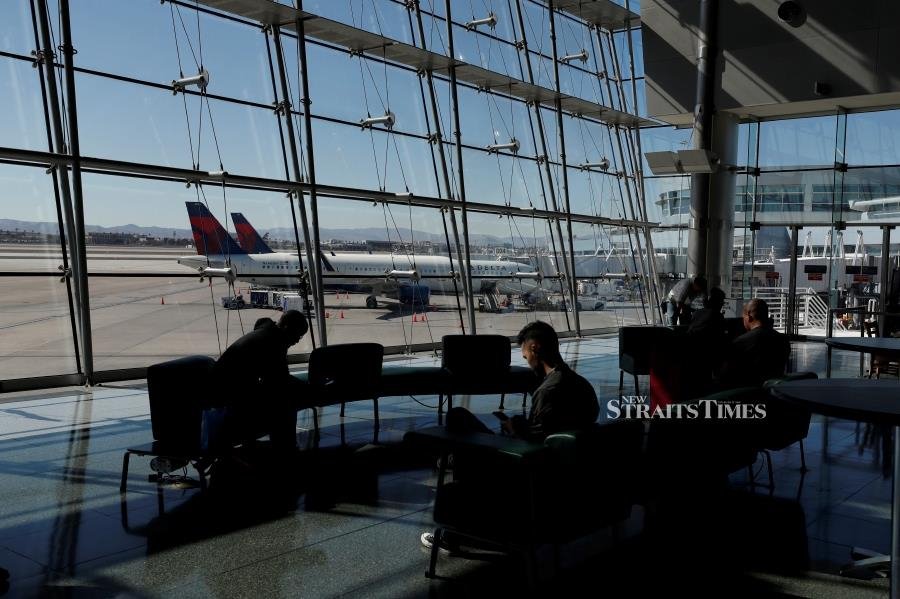Asia Pacific's airports revenue could incur US$3 bil losses in revenues in Q1

By Ayisy Yusof
March 11, 2020 @ 7:16pm
KUALA LUMPUR: Global airports are expected to incur about US$4.2 billion losses in revenue in the first-quarter (Q1) of 2020, according to Airports Council International (ACI).
In an ACI Advisory Bulletin published yesterday, the trade association of the world’s airports said most of the losses could occur in the Asia-Pacific region with a difference of US$3 billion in projected revenue.
It added the effect on passenger numbers and flight cancellations will result in reduced revenues from airport charges (aeronautical revenues) were challenged.
ACI said Asia-Pacific is projected to record US$9.4 billion in airport revenues during Q1 due to the Covid-19 outbreak, from US$12.4 billion estimated previously.
The bulletin, which predicted global economic impact on the airports sector of the unfolding Covid-19 public health emergency, said global airport revenues in Q1 this year were forecast to reach close to US$39.5 billion.
ACI said Asia-Pacific could be the most impacted region with airport passenger traffic volumes is expected to reduce by 24 percentage points to 659 million from 867 million passengers compared to previous business as usual forecasts in Q1 of this year.
ACI World director general Angela Gittens said the airport industry recognized that all stakeholders of the aviation ecosystem were heavily impacted by the Covid-19 outbreak.
“That has strengthened cooperation between airports, airlines, and regulatory authorities are needed as the industry responds to the outbreak,” she said in a statement yesterday.
Gittens said the sudden shock represented by the Covid-19 outbreak was affecting passenger and cargo traffic worldwide, markedly in Asia-Pacific and significantly reducing airport revenues.
“Airports rely heavily on airport charges to fund their operating and capital costs and operators find themselves under intense pressure during periods of traffic decline.
“Airport revenues must be sufficiently protected to ensure safe and sustainable operations. Measures to limit the collection of airport charges would be ill-advised,” she added.
The bulletin also urged that airports must continue to be able to leverage both aeronautical and non-aeronautical revenues from their users and end-users.
“Alleviating the collection of airport charges from airlines and passengers is not conceivable. Airports rely heavily on airport charges to continue to fund their operating expenditures among which personnel expenses continue to represent the largest component, accounting for 33.9 per cent of all operating expenses.”
ACI said airports must also continue to meet their capital expenses obligations as they remain characterised by predominantly high fixed costs necessary for maintaining and operating the infrastructure components of the airport, such as runways, taxiways, aprons, parking stands and terminal buildings.
Gittens said ACI has urged a proportionate slot allocation response to Covid-19 to preserve global airport connectivity and favours a market-by-market review, which is evidence based when it comes to assessing slot usage requirements.
“An evidence-based review would examine infection rates, load factors, forward booking forecasts, and the impact on the environment of continuing certain services,” she added.
She said a relaxation to a lower threshold as a first step may be considered in the case of markets where airlines were trimming capacity to reflect the lower demand impact experienced on routes not as directly impacted.
